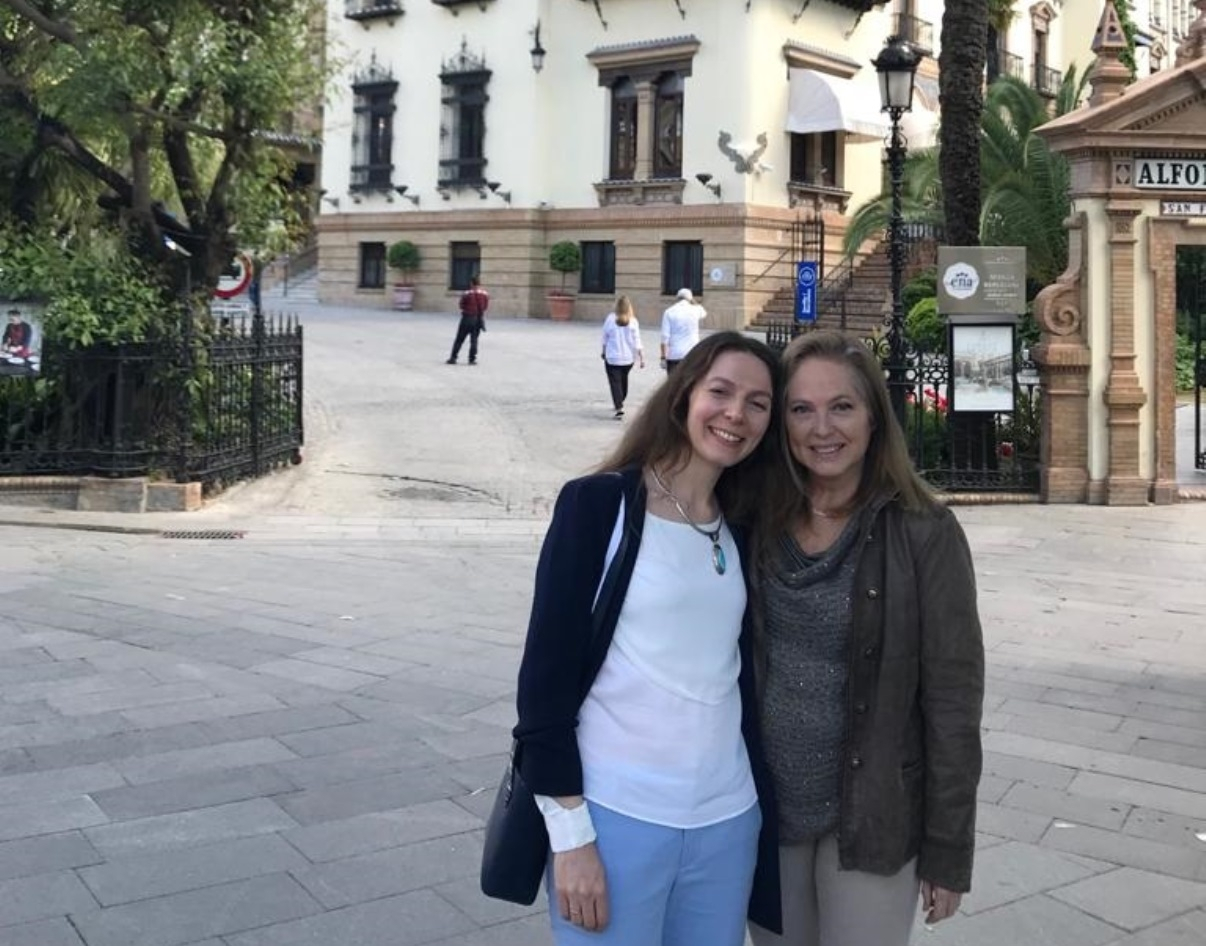‘Shakespeare is Shakespeare’: people repeat names to confirm their words and convey overtones

Scholars from St Petersburg University and Universidad Complutense de Madrid have found that if proper names are used in tautology, they receive a wide variety of interpretations. Such tautologies help the speaker to prove the accuracy of the information and explain any facts about the referent of the name.
Click here to read the full text of the article in the journ Language & Communication.
‘According to our data, the most common role of tautologies in texts is that they make the conveyed information appear legitimate. If a tautology is used before or immediately after some utterance of the speaker about the referent of the name, then this utterance acquires the status of well-known truth, since the tautology is always true by definition. Some languages, for example of the indigenous peoples of South America, use special linguistic elements called evidential markers as indicators of information reliability. In languages where they do not exist, such as Russian, English or Spanish, repetitions can play this role.
They are also used as explanations, for example, to justify certain actions of the referent. Additionally, they are often used as powerful argumentative tools employed when the speaker decides to close the discussion,’ explained Elena Vilinbakhova, a co-author of the study, the principal investigator for a grant from the Russian Science Foundation, Candidate of Philology, Associate Professor at St Petersburg University.
In the European tradition, proper names, for example Ivanov, Petrov, Sidorov, have no linguistic meaning. They cannot be found in dictionaries, because they indicate their referent directly, but do not describe their properties. This notion is not only common in philosophy and linguistics, but is also represented in literature, as in Lewis Carroll’s Alice Through the Looking Glass:
‘My name is Alice, but–’
‘It's a stupid name enough!’ Humpty Dumpty interrupted impatiently. ‘What does it mean?’
‘Must a name mean something?’ Alice asked doubtfully.
However, sometimes names can convey overtones. For example, they are used in a situation where something has to be done, but not done, or, on the contrary, something has been done that was not necessary to do: ‘Will Pushkin pay for an apartment?’ Also, the names embody various professions: the detective can be called Sherlock Holmes, and the nanny can be called Arina Rodionovna as Pushkin’s nanny.
The linguists from St Petersburg University and Universidad Complutense de Madrid have studied another class of usage when names have a new meaning. These are tautologies with proper names, such as ‘Churchill is Churchill’ or ‘Einstein is Einstein’. It is found that despite the fact that, on the one hand, tautologies, and, on the other hand, proper names have been thoroughly studied, the intersection of these two areas has been studied very scantly, although people actively use them. When it comes to discussing celebrities, this tool is relevant in a conversation about a person's personal and creative life, when at first just a name is indicated, and the next mention means their achievements. For example, Ignacy Paderewski was a famous pianist and statesman at the same time. People who knew him only in one professional field, in disputes with each other, were surprised when they came to the conclusion that ‘Paderewski is really Paderewski’, acknowledging that ‘the pianist Paderewski is actually the statesman Paderewski’, or vice versa...
The research is supported by a Presidential grant of the Russian Science Foundation.

